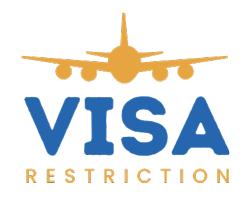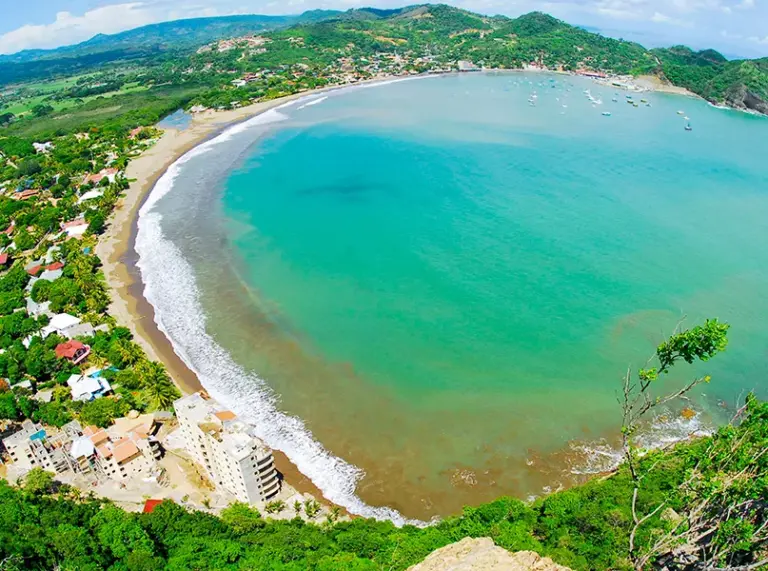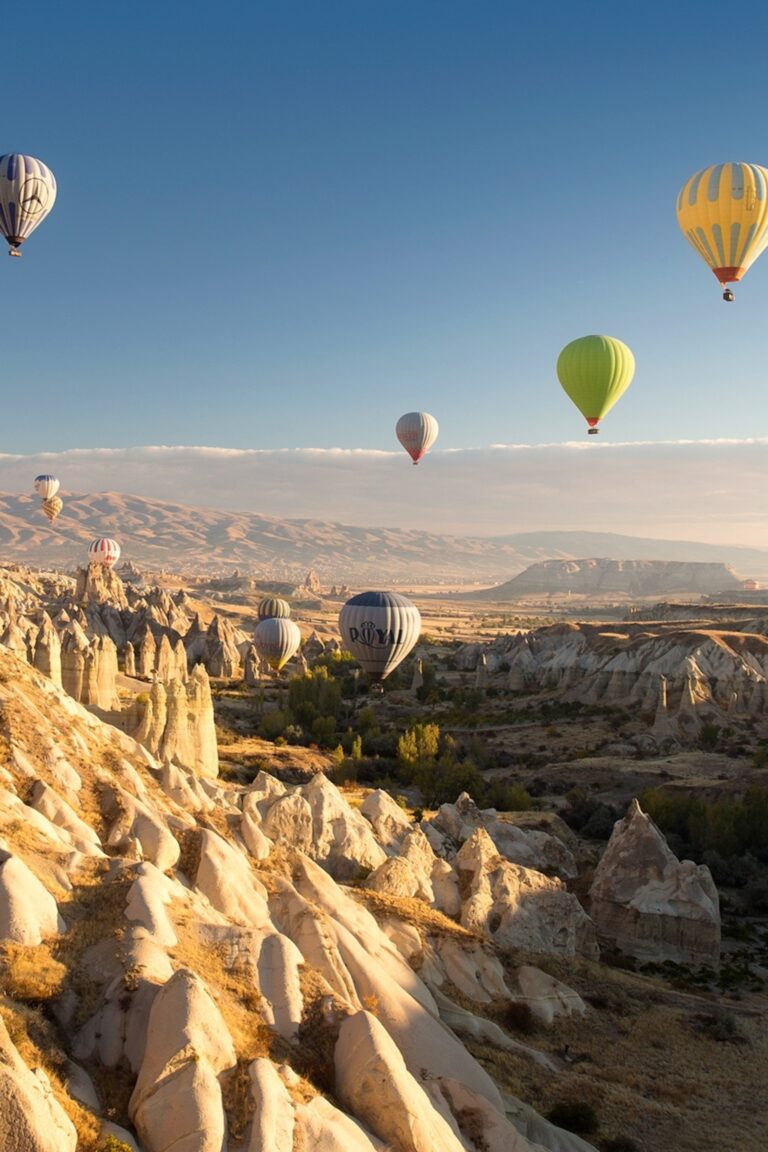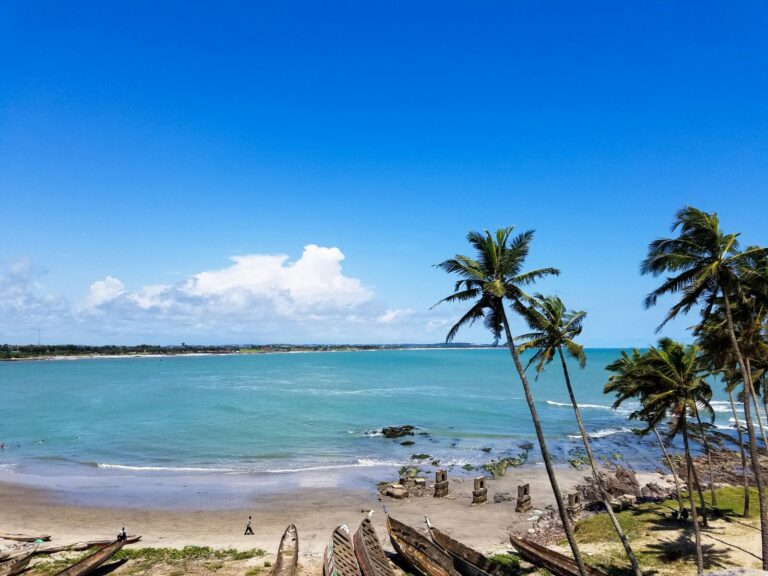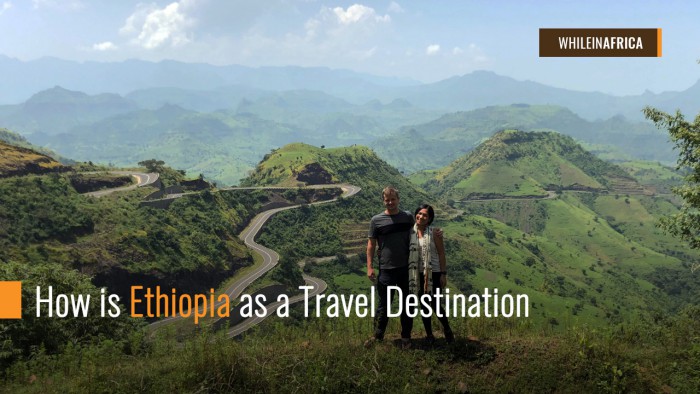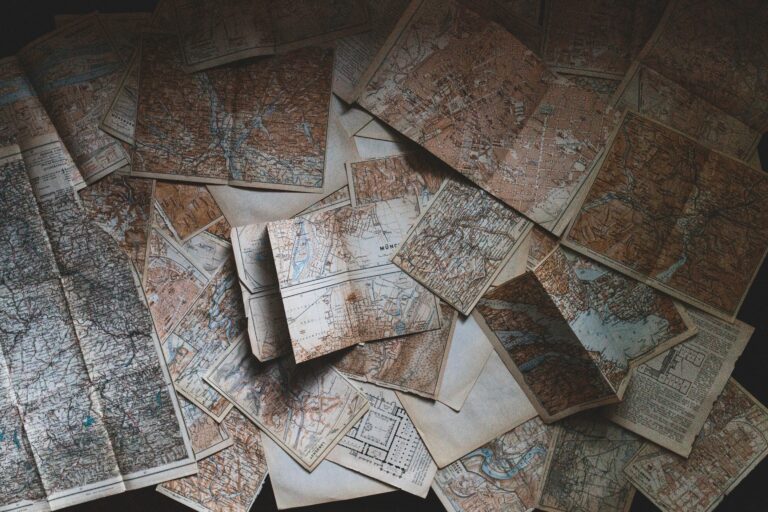Is It Safe to Travel to Morocco: Tourist Guide
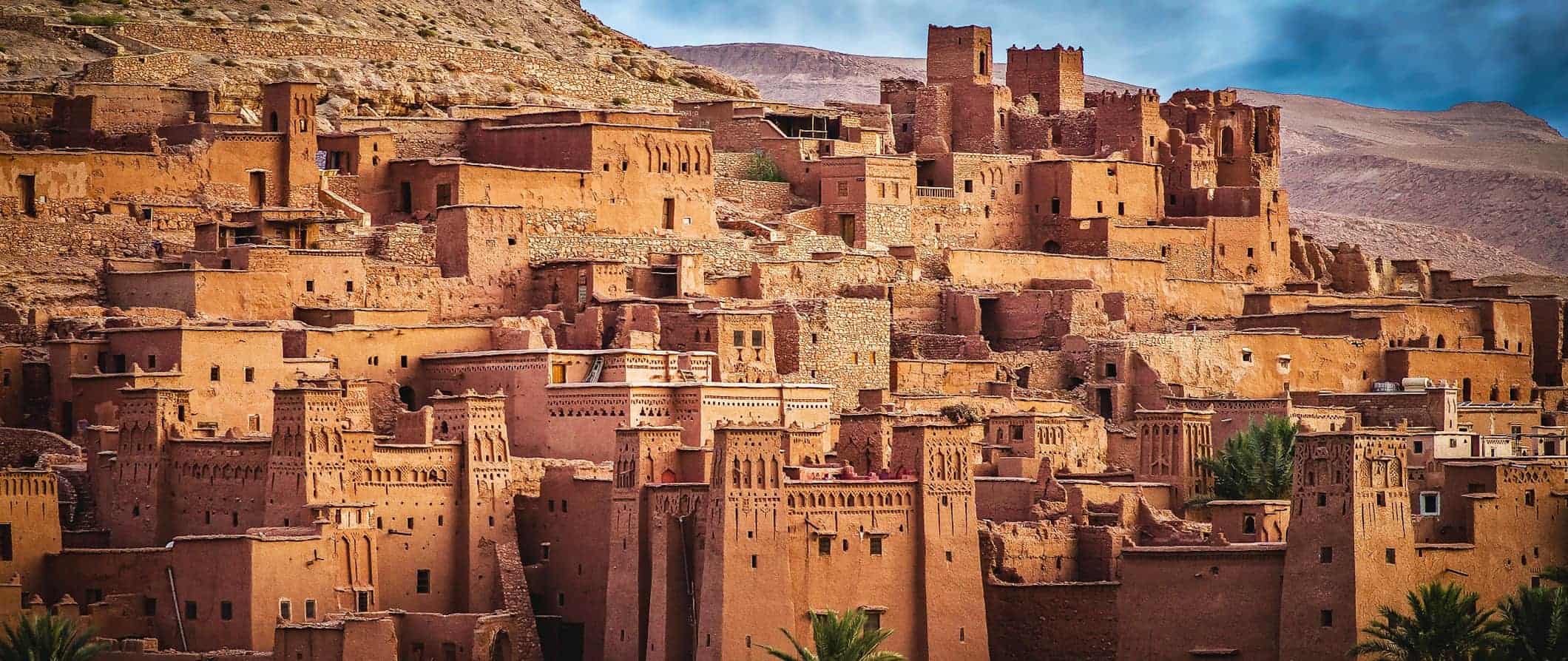
Safety Overview of Morocco
When considering whether is it safe to travel to Morocco, it’s important to evaluate the current travel advisories and understand any potential terrorism threats.
Current Travel Advisories
As of July 13, 2023, the U.S. State Department has issued a Level 2 travel advisory for Morocco. This advisory recommends that travelers exercise increased caution due to potential risks associated with terrorism (Travel.State.Gov). This means that while travel to Morocco is generally safe, travelers should remain vigilant and aware of their surroundings.
| Advisory Level | Description |
|---|---|
| Level 1 | Exercise Normal Precautions |
| Level 2 | Exercise Increased Caution |
| Level 3 | Reconsider Travel |
| Level 4 | Do Not Travel |
For more insights into travel advisories in other destinations, check out our guides on is it safe to travel to Egypt and is it safe to travel to the Dominican Republic.
Terrorism Threats
The travel advisory highlights potential terrorism threats in Morocco, specifically targeting tourist locations, transportation hubs, markets/shopping malls, and local government facilities. Terrorist groups are known to plot possible attacks, which necessitates increased vigilance from tourists.
Travelers should be aware of these potential risks and take appropriate precautions, such as avoiding crowded areas and staying informed about local events. For comparable situations in other regions, read about is it safe to travel to Mexico and is it safe to travel to Colombia.
For up-to-date safety information and additional travel tips, visit our section on tips for safely traveling to Morocco.
Crime Concerns for Tourists
Travelers often wonder, “is it safe to travel to Morocco?” While Morocco is generally considered a safe destination, it’s important to be aware of crime concerns, particularly for tourists.
Petty Crimes
Petty crimes are the most common criminal activities travelers may encounter in Morocco. These include:
- Pickpocketing: Keep a vigilant eye on your personal belongings, especially in crowded places like markets, squares, and tourist sites (Global Guardian).
- Bag Snatching: Thieves may attempt to snatch your bag in busy areas or while you’re walking on the street.
- Drive-by Motorcycle Theft: Be cautious with your valuables, especially near curbs where thieves on motorcycles may try to grab them.
Recommended measures to avoid being a victim of petty crimes:
- Use anti-theft bags
- Keep personal items close and secure
- Avoid displaying expensive items like jewelry or electronics
Targeted Tourist Areas
Certain areas in Morocco are more prone to petty crimes, particularly those densely populated with tourists.
| Area | Common Crimes |
|---|---|
| Casablanca | Pickpocketing, Bag Snatching |
| Rabat | Pickpocketing, Bag Snatching |
| Marrakech | Pickpocketing, Bag Snatching |
These cities are popular tourist destinations and see a higher incidence of crimes like:
- Casablanca, Rabat, Marrakech: Known for bag snatching, pickpocketing, and opportunistic theft.
- Historic Quarters and Beaches: Areas where pickpocketing and bag snatching happen frequently.
Violent Crimes: While not as common, some tourists have reported street attacks and burglaries involving weapons like knives. It is advisable to avoid quiet areas after dark and not carry large amounts of cash.
Scams: Tourists should also be aware of scams involving fake tour guides and overpriced services (Quora).
For more information and tips on staying safe in Morocco, see our articles on is it safe to travel to Egypt and is it safe to travel to Turkey.
Specific Safety Advice for Travelers
When considering is it safe to travel to Morocco, there are specific safety measures you should follow. From respecting local customs to ensuring safe transportation, these tips are essential for a safe and enjoyable trip.
Dress Code and Behavior Tips
In Morocco, it’s advisable to dress conservatively and behave discreetly to respect religious and social traditions. Here are some key dress and behavior tips:
-
Dress Conservatively: Wear loose-fitting clothing that covers your arms, legs, and chest. This is especially important for female travelers as it helps minimize unwanted attention (The Times).
-
Behavior: Avoid public displays of affection and act respectfully in religious places. Remember that Morocco is a conservative country, and behaviors that might be acceptable elsewhere could be seen as offensive here (Travel Canada).
| Dress Code Tip | Importance |
|---|---|
| Wear loose-fitting clothing | Reduces unwanted attention |
| Cover arms, legs, and chest | Respects local traditions |
| Avoid public displays of affection | Prevents offending local sensitivities |
Transportation Safety Tips
Transportation in Morocco is mostly safe, but it’s crucial to take specific precautions to ensure a smooth journey. Below are some transportation safety tips:
-
Taxis: Use registered taxis and agree on the fare before the ride. This minimizes the risk of overcharging.
-
Buses and Trains: These are generally safe transportation options. However, be cautious with your belongings to prevent petty theft.
-
Driving: If you choose to drive, practice defensive driving and avoid driving at night. The roads may not always be well-lit, and local driving habits can be unpredictable.
| Transportation Mode | Safety Tips |
|---|---|
| Taxis | Use registered taxis; agree on fare beforehand |
| Buses and Trains | Be cautious with belongings |
| Driving | Practice defensive driving; avoid night driving |
For additional tips on safely navigating Moroccan transportation, check our transportation guide.
By following these dress code, behavior tips, and transportation safety tips, you’ll be better prepared for your travels to Morocco. For more comprehensive advice, explore our sections on tourist experiences and travel precautions.
Different Perspectives on Safety in Morocco
When considering the question, “is it safe to travel to Morocco?” it’s essential to look at various perspectives. Here we examine official safety ratings and the experiences of tourists to provide a comprehensive view.
Official Safety Ratings
Understanding the official safety ratings for Morocco can help you gauge the general security landscape.
- U.S. State Department: Morocco is rated with a “Level 2” safety advisory, which means travelers should exercise increased caution.
- Global Finance List: Morocco ranks 24th among the world’s safest countries, ahead of Portugal, Sweden, and the Netherlands, indicating strong safety credentials.
- Safety comparison: Morocco is considered as safe as many Western European countries, with a visible police presence and strong international ties (Berkshire Hathaway Travel Protection).
| Country | Global Finance Safety Rank |
|---|---|
| Morocco | 24 |
| Portugal | 25 |
| Sweden | 29 |
| Netherlands | 33 |
Tourist Experiences
Tourists’ experiences offer valuable insights into what you can expect when traveling to Morocco.
- General Safety: Morocco is generally considered safe for tourists, with millions visiting each year. The government prioritizes tourism and has taken measures to ensure visitor safety, especially in major tourist areas.
- Police Presence: Major tourist spots are well-patrolled by police, adding an extra layer of security and making tourists feel welcomed (Quora).
- Terrorism: Morocco has experienced only one terrorist attack in the past decade, involving just two victims. This sets it apart from countries like France and the U.S., which have seen more frequent incidents.
For a broader perspective on traveling to other countries with varied safety levels, consider checking:
Evaluating both official ratings and tourist experiences can give you a well-rounded understanding, helping you make an informed decision about your travel plans. For more on travel safety in other destinations, check out our guides like is it safe to travel to turkey and is it safe to travel to jamaica.
Travel Precautions in Morocco
Border Areas Caution
When traveling to Morocco, it is essential to be aware of the risks associated with the border areas. Specifically, you should avoid all travel to the border regions between Morocco and Western Sahara and within 20 km of the border with Algeria. These areas are characterized by a heavy military presence and unstable security situations (Travel Canada).
| Border Region | Risk Level | Description |
|---|---|---|
| Morocco-Western Sahara | High | Unstable security and heavy military presence |
| Morocco-Algeria | High | Increased military activity and unstable security |
The territories of Guelmim-Oued Noun, Laayoune-Sakia El Hamra, and Dakhla-Oued Ed-Dahab, are partially or substantially administered by the Sahrawi Arab Democratic Republic. These areas are considered to have an elevated risk of terrorism. Additionally, there is a threat of unexploded landmines in Western Sahara, making it even more unsafe for tourists.
For more information on travel safety in nearby destinations, consider reading our articles on is it safe to travel to egypt and is it safe to travel to turkey.
Remote Area Risks
Besides border regions, certain remote areas within Morocco also pose potential risks. The threat of terrorism is higher in these areas, and terrorists have been known to target foreigners. An example of such an attack occurred in December 2018, when two Scandinavian tourists were found dead in a terrorist act.
When exploring remote areas, it is crucial to stay vigilant and adhere to safety guidelines. You should avoid isolated locations and always inform someone about your travel plans. Using reputable tour operators can also enhance your safety by ensuring organized and secure travel arrangements.
For more safety tips, check our guide on is it safe to travel to colombia.
Taking these precautions can help ensure a safer and more enjoyable trip to Morocco. For more practical advice, visit our article on is it safe to travel to paris right now.
Practical Travel Tips for Morocco
Visa Requirements
Understanding visa requirements is crucial before planning your trip to Morocco. Depending on your nationality, the requirements may vary. Here’s a breakdown for some common scenarios:
| Country | Visa Requirement | Maximum Stay |
|---|---|---|
| United States | No visa required | 90 days |
| Canada | No visa required | 90 days |
| United Kingdom | No visa required | 90 days |
| Australia | No visa required | 90 days |
Most travelers, including those from the US, UK, and Canada, do not need a visa for stays up to 90 days. If you plan to stay longer, you must apply for an extension at a local police station in Morocco. Ensure your passport is valid for at least three months at the time of entry and undamaged. Additionally, make sure your passport is stamped upon entry to avoid exit difficulties (The Times).
Safety Measures for Female Travelers
Morocco is generally considered safe for female travelers, especially in well-known tourist areas and holiday resorts. However, it’s advisable to adopt certain safety measures to ensure a hassle-free experience:
-
Dress Code: Wear loose-fitting clothing that covers your arms, legs, and chest. This helps to minimize unwanted attention and adhere to local cultural norms.
-
Travel in Groups: If possible, travel with a companion or in groups, particularly at night and in less crowded areas.
-
Unwanted Attention: Be cautious of unsolicited advances from men. Politeness and firmness can help deflect unwanted interactions.
-
Local Advice: Stay informed by speaking with other female travelers or consulting local guides for the safest places to visit.
For more detailed safety advice, you might find our sections on crimes concerns for tourists and transportation safety tips informative. Planning ahead and taking these precautions can help ensure your trip to Morocco is both enjoyable and safe.
